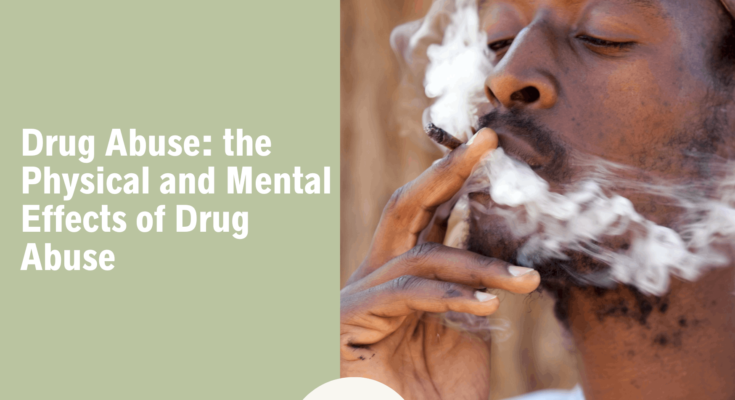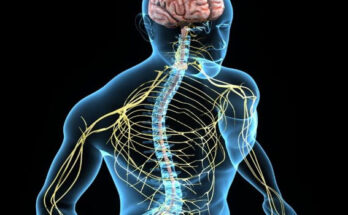Swan-Style: Mouthshaper Drug use has always been of utmost importance, with its implications for the body and mind being felt across the world from time immemorial. Some drugs are good for some reasons, while their misuse and abuse-heating provocation, such as those from the prescription button to crap-street-side stuff-in order to achieve illicit ends-are bad and can have fatal consequences themselves. Knowledge about how drugs affect the body and the mind is an integral cog in fighting against addiction and fostering a lifestyle for the better.
Firstly, by drugs we take to mean some substances among many that really affect the body by their systems and a series of complex chains concerning the type of drug, the amount taken, and finally, the duration of use.
Nervous System: Many drugs, such as cocaine, methamphetamine, and heroin, impact the brain directly. They alter levels of neurotransmitters-high feelings of euphoria, pain reliefpower, hallucinatory, etc. With time course, drug abuse would lead to irreversible brain damage, lowered cognition, and potentially lead to disorders such as anxiety and depression.
Heart and Circulation: Stimulants like cocaine and meth increase heart rate and blood pressure, sometimes causing heart attacks, strokes, and / or chronic heart disease. In contrast, opioids slow breathing and heart rate. This can lead to very serious situations in cases of overdose.
Liver and Kidneys: Chronic drug use often leads to the poisoning of the body-wherein the liver and kidneys, as organs of detoxification, are damaged compared to more than being injected. Alcohol will cause the cirrhosis of the liver, while drugs like ecstasy lead to them falling out in kidney failure.
Respiratory System: Whether smoking drugs like tobacco or marijuana or those like crack cocaine, drugs can significantly harm lung tissue. In slow motion, this leads to chronic obstructive pulmonary diseases (COPD), emphysema, even lung cancer.
Immune System: Drug abuse can depress the immune system, making one vulnerable to infections and diseases. On intravenous use, that is, the addiction one has, one can sharply run the risk of contracting HIV, hepatitis, and other blood-borne diseases.
2. Mental Effects
Apart from the physical consequences, taking drugs can have serious mental health effects. The DrugAbuse.net team mention some of the effects of drug use on mental health:
Addiction: Many drugs are highly addictive, meaning users find it very hard to quit. This can be because the drug has changed the brain so that it needs the drug to survive, or because the user thinks they need the drug to survive.
Mood disorders: Drugs can cause and exacerbate mood disorders. For example, alcohol and cannabis can make people feel calm and relaxed, when their effects have passed they can make people feel depressed or very anxious. Stimulants, like amphetamines, can create feelings of extreme well-being, but can deplete the brain of dopamine, which causes it to produce less dopamine and produce feelings of depression and anxiety.
Cognitive decline: A long-term side effect of drug use is cognitive decline. This means that the drug user finds it increasingly difficult to learn and complete tasks. Chronic alcohol users might develop Wernicke-Korsakoff syndrome which causes them to become confused or to forget things.
Emotional instability: Drug users can go from feeling intensely happy one minute to being incredibly sad or angry the next. This causes them to put huge strain on their relationships with other people or to isolate themselves from others.
3. Social Consequences
The effects of drug use on society can be felt in many different ways. Below we mentioned some of the social consequences of drug abuse:
Family and relationships: Drug use can destroy families and create financial suffering. People who are addicted to drugs find that their drug use becomes the main thing in their lives.
Legal problems: The possession, use and distribution of drugs has been a criminal offence since the introduction of the Misuse of Drugs Act in 1971. This means that people who are caught with drugs and don’t have a good reason may have to go to prison.
Economy: A person who is addicted to drugs finds it very hard to get a proper job, or to keep a job. Drug users, particularly heroin addicts, often will get a less-than-minimum wage job because of the state that the drug leaves them in. Even those who have a good job stay in bed all day or don’t come to work because they’re hungover.
Conclusion
Drug addiction affects millions of individuals around the world, leaving a trail of problems, both physical and psychological, social and legal. Recovery is possible, take the support and treatment it warrants seriously. Education and awareness regarding the consequences of drugs themselves, targeted at preventing their misuse, are crucial to the very prevention of drug abuse and for monitoring an adequate health for drug-free society.




Great blog here! Also your web site loads up fast! What web host are you using? Can I get your affiliate link to your host? I wish my site loaded up as quickly as yours lol
Thanks Alto this my
host link https://hostinger.com?REFERRALCODE=1KALIMATI04